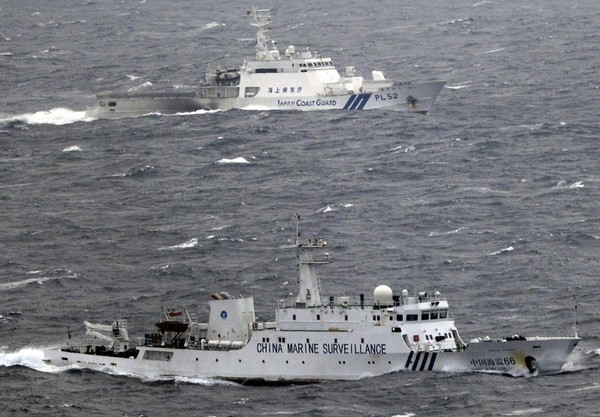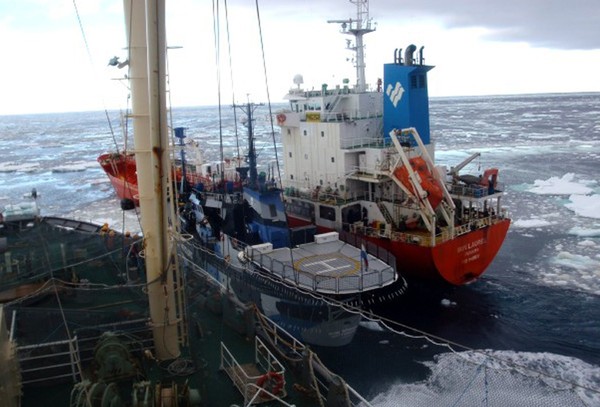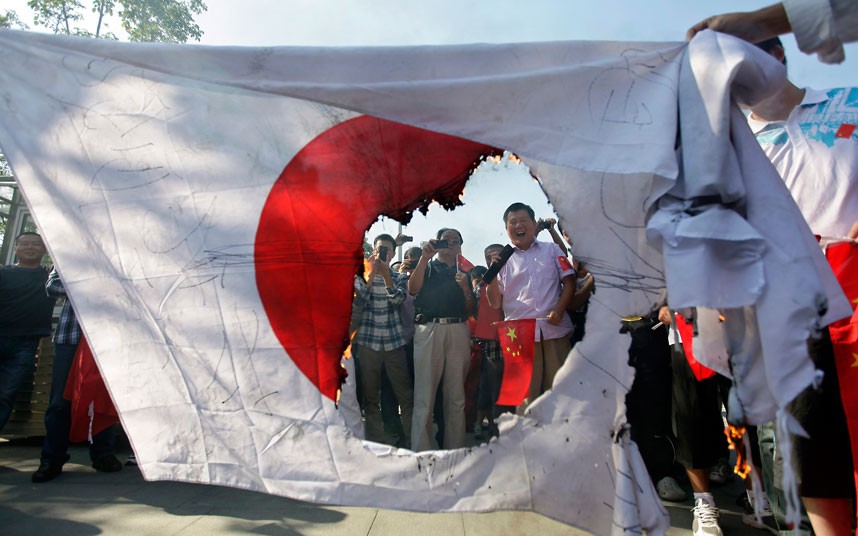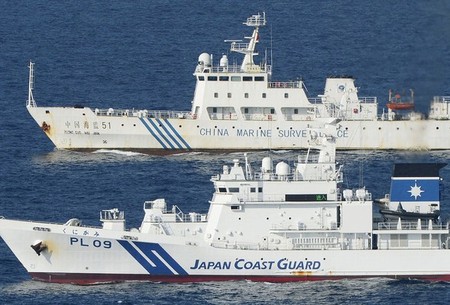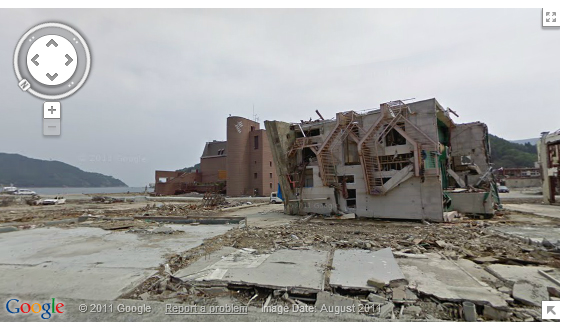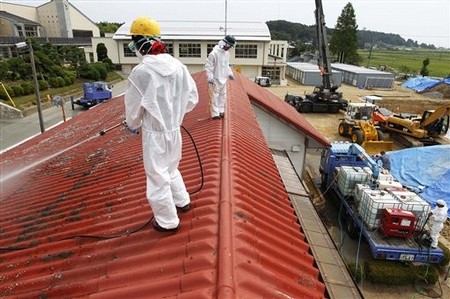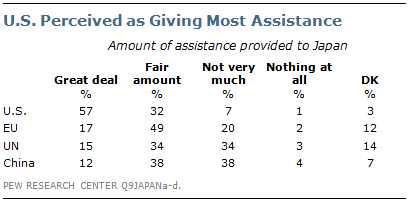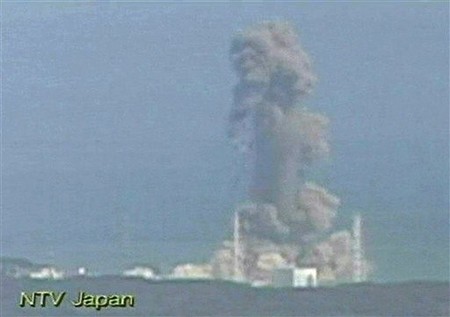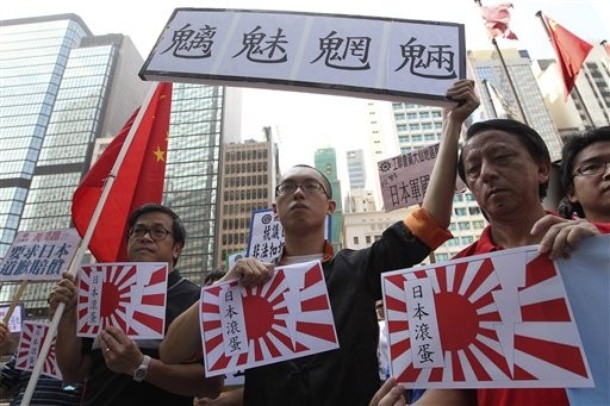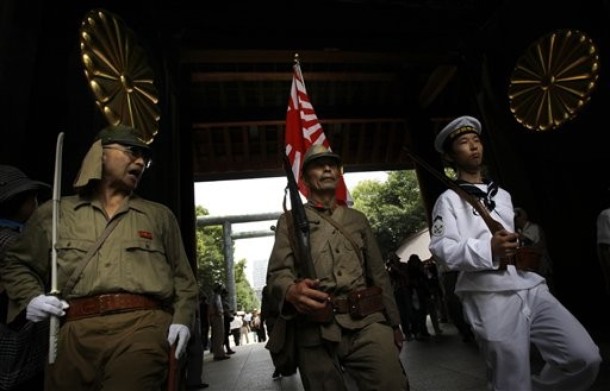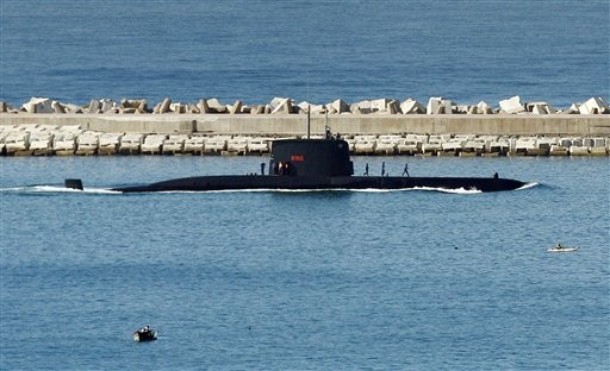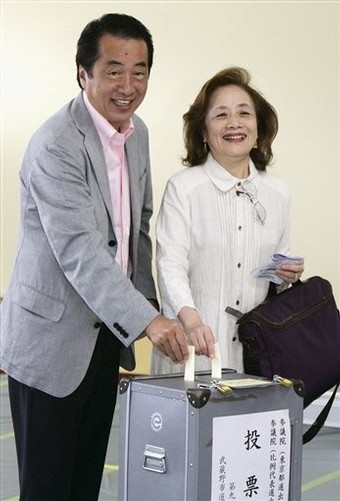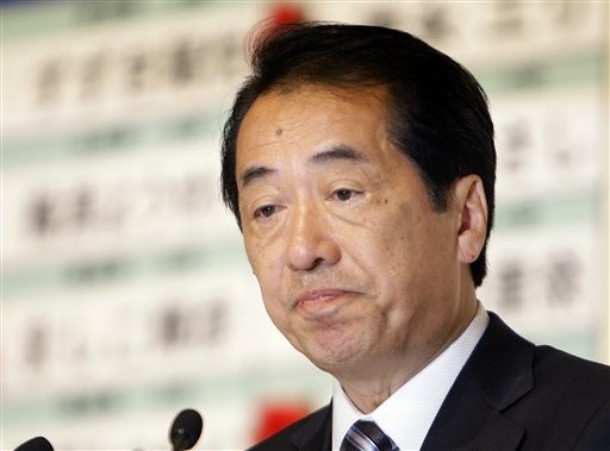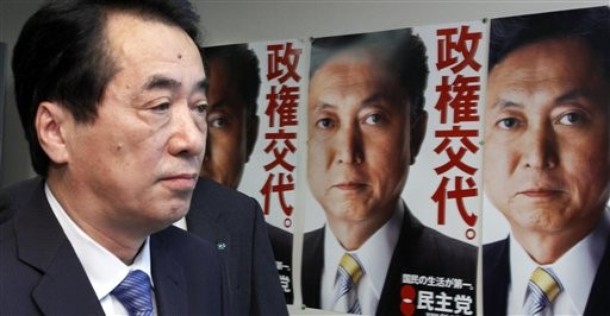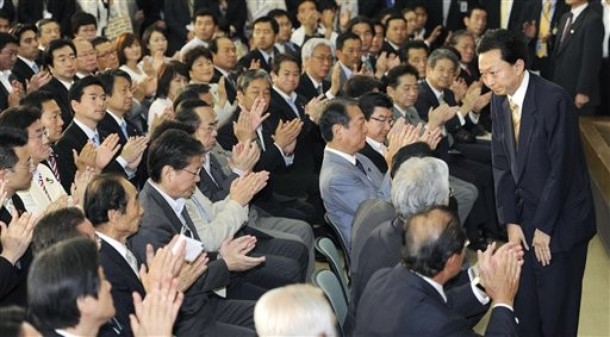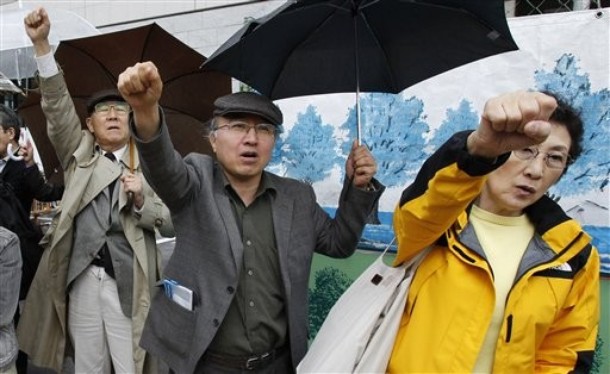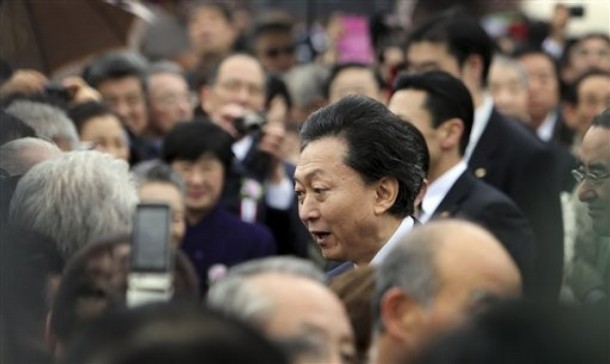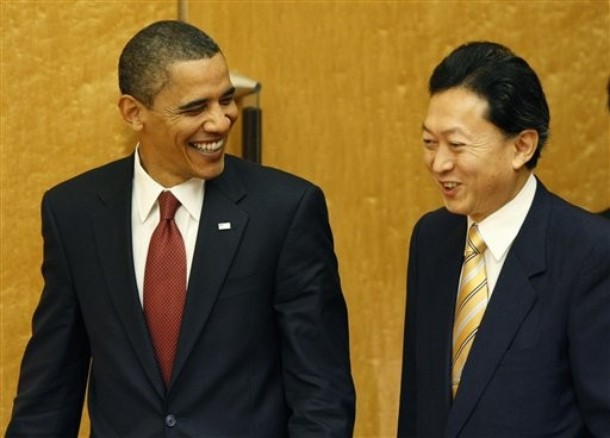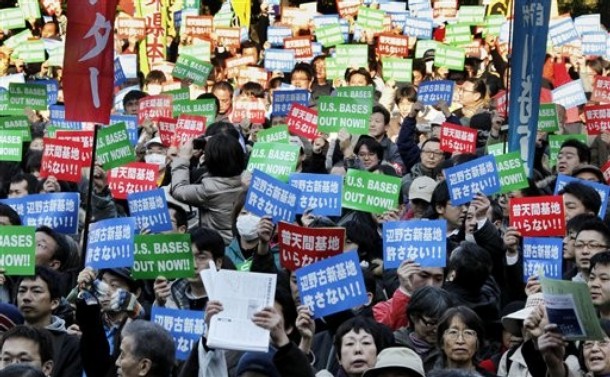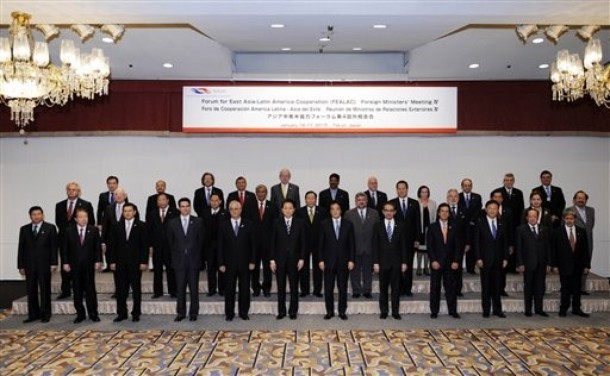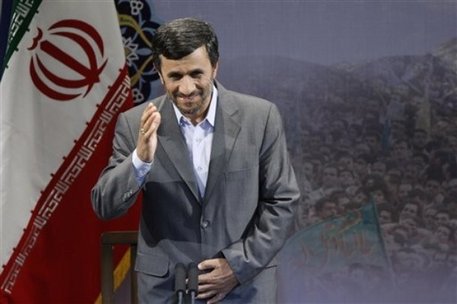
If you believe, such as I do, that Iran is pursuing a nuclear weapon, then you essentially have two optional schools of thought for assessing the regime's motives. One theory is that the regime is seeking the bomb in order to guarantee its own security; while, perhaps, advancing its own hegemonic desires in the Middle East.
The second, arguably less prevalent school of thought takes it a step further. This theory assumes that Iran has a demonstrated history of suicidal, nihilistic behavior, and that a nuclear-armed Iran may actually use such a weapon (possibly against Israel) in a global display of Death By Cop. Proponents of the "Suicidal Iran" theory will often cite anti-Israel comments made by President Ahmadinejad, or even older Ayatollah Khomeini lines rejecting the nation-state; others will note that martyrdom and sacrifice play a prominent role in Shiism - especially in Iran.
Which camp you fall in likely affects whether or not you believe Iran can be a nuclear 'good citizen' should it attain a nuclear weapon. Bret Stephens, entrenched, I'm assuming, in the second camp, makes the predictable argument against containment:
A credible case can be made that Communism is no less a faith than Islam and that Iran’s current leadership, like Soviet leaders of yore, knows how to temper true belief with pragmatic considerations. But Communism was also a materialist and (by its own lights) rationalist creed, with a belief in the inevitability of history but not in the afterlife. Marxist-Leninist regimes may be unmatched in their record of murderousness, but they were never great believers in the virtues of martyrdom.
That is not the case with Shiism, which has been decisively shaped by a cult of suffering and martyrdom dating to the murder of Imam Husayn—the Sayyed al-Shuhada, or Prince of Martyrs—in Karbala in the seventh century. The emphasis on martyrdom became all the more pronounced in Iran during its war with Iraq, when Tehran sent waves of child soldiers, some as young as 10, to clear out Iraqi minefields. As Hooman Majd writes in his book The Ayatollah Begs to Differ, the boys were often led by a soldier mounted on a white horse in imitation of Husayn: “the hero who would lead them into their fateful battle before they met their God.” Tens of thousands of children died this way.
All this suggests that a better comparison for Iran than the Soviet Union might be Japan of the 1930s and World War II—another martyrdom-obsessed, non-Western culture with global ambitions. It should call into question the view that for all its extremist rhetoric, Iran operates according to an essentially pragmatic estimate of its own interests.
Japan is indeed a more appropriate comparison than the Soviet Union, but I think Stephens misses the more optimistic lesson in the U.S.-Japanese relationship. The Mutual Cooperation and Security treaty signed by both nations in 1960 came just fifteen years after the peak of Kamikaze attacks on American naval vessels. Japan went on to become a close U.S. ally, and today a military base in Okinawa constitutes as a "row" between the two governments.
Iranian wave attacks, while obviously senseless, wicked and inhumane, were carried out by a regime drunk with revolution, and they were carried out in reaction to Iraqi invasion. Stephens should keep in mind that it was Iraq that suffered at the hands of Iran's suicidal tendencies during that war - not Israel or the United States.
Yet today, Iran's inability to supply Basra with a sufficient amount of electricity constitutes as a "row." The two countries enjoy warmer relations, and Iranian goods flood Iraqi markets.
My point: even history's most suicidal of states can - and have - changed. Iran is already one of them. So if Iraqis can trust a once suicidal Iran, why can't Americans and Israelis?
UPDATE: My comparison has received some push back in the comments section; also worth a read.
(AP Photo)



